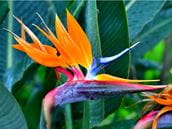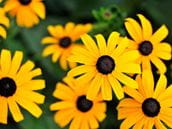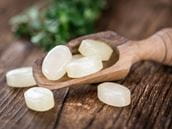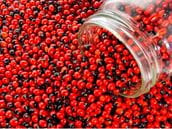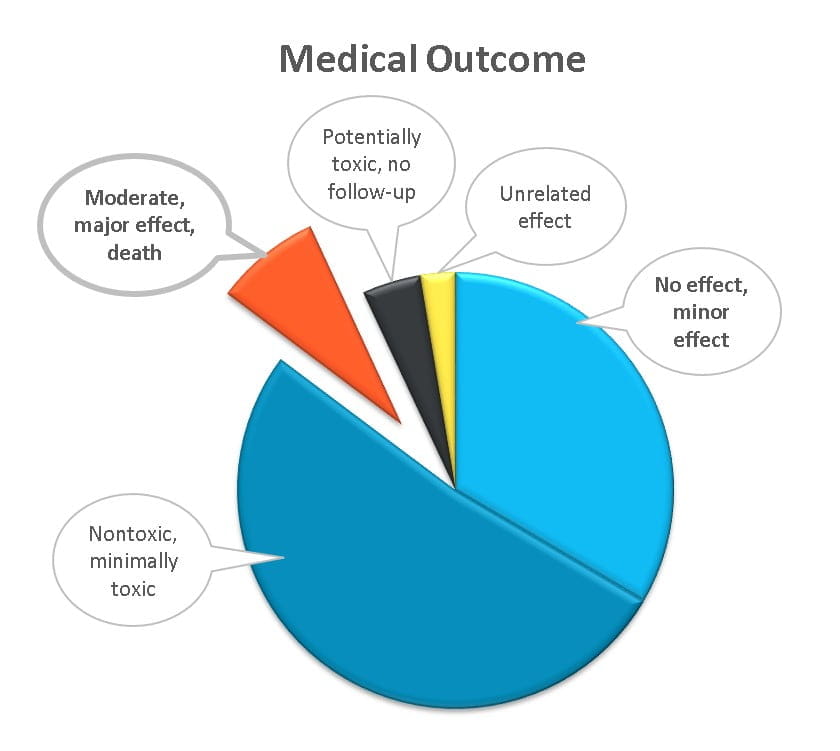
Studies about Delta-9 THC-O Acetate are Limited
Delta-9 THC-O acetate is a synthetic derivative of cannabis and causes psychoactive effects like those of delta-9 THC. There are limited available studies of delta-9 THC-O acetate’s clinical effects in humans, so caution is advised when using this product.




